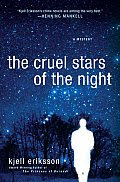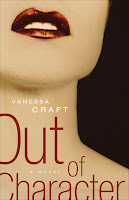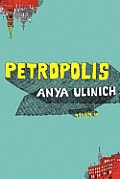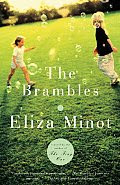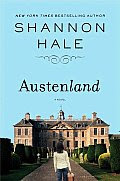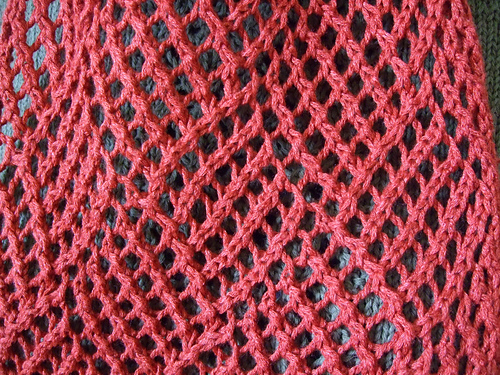BOOK REVIEW: The Blood of Flowers by Anita Amirrezvani
 A nameless young woman in 17th-century Persia lives in a modest village with her parents, who expect to see their 14-year-old daughter married in the next year. The delight of both her parents, the young woman has learned the art of rug making from her beloved father. Soon after a comet in the skies signals misfortune, her father dies leaving her without a dowry. Facing starvation if they stay in their village, she and her mother sell a beautiful turquoise rug she made to pay for the journey to Isfahan where her rich uncle works as a rug designer in the Shah’s court. While Gostaham welcomes them to his home, his wife Gordiyeh immediately puts them to work as unpaid servants and loses no opportunity to remind them of the strain they place on the household.
A nameless young woman in 17th-century Persia lives in a modest village with her parents, who expect to see their 14-year-old daughter married in the next year. The delight of both her parents, the young woman has learned the art of rug making from her beloved father. Soon after a comet in the skies signals misfortune, her father dies leaving her without a dowry. Facing starvation if they stay in their village, she and her mother sell a beautiful turquoise rug she made to pay for the journey to Isfahan where her rich uncle works as a rug designer in the Shah’s court. While Gostaham welcomes them to his home, his wife Gordiyeh immediately puts them to work as unpaid servants and loses no opportunity to remind them of the strain they place on the household.
Seeing in her shadows of his own eagerness to learn the art of rug-making, her uncle agrees to teach her about designing carpets; however, while her talent blooms, her prospects for a prosperous marriage dim for she is without a significant dowry. When her elders receive an offer of a sigheh of three months (a legal contract for a temporary marriage) from a wealthy young man, they force her to accept and give up her only item of value, her virginity. As she looks at a future of short-term sighehs, the young heroine must decide whether to take a chance and choose her own way, a life of independence.
The Blood of Flowers is a tightly written, deeply hued work, all the more astonishing for being a debut novel. Even though it is set in the 17th-century Persia, The Blood of Flowers feels very modern. The world it describes is so foreign to most Western readers that the time period is almost irrelevant. Anita Amirrezvani opens a hidden world to readers; the life of women hidden behind veils and walls, enjoyed either in brutal poverty or pampered luxury. The politics and daily aspects of their lives are brought vividly to life through the minute details woven throughout the narrative.
Even though Gordiyeh treats her as a servant and with ruthlessness, her actions make sense given the realities facing women in this time period. The heroine acts at times with unbelievable foolishness, destroying a less than perfect rug in her haste to create the beautiful one she sees within her head and please her uncle. Her selfishness and lack of reason leads readers to understand why both her mother and uncle are at times harsh in their treatment of her. Despite the familial conflict and unbelievable decisions made by her elders, there is no clear-cut villain in Amirrezvani’s mesmerizing novel. While readers may have difficulty understanding the decisions her family makes, within the realities of the young heroine’s situation, it can be argued there were few other options.
In a world where women have little control over their lives, minute control over little things becomes all important and with this understanding, many of the actions begin to make sense. Gordiyeh is desperate to maintain her position in society and the security of her opulent lifestyle. Nadeen’s desperate hope is to marry the man she loves while also maintaining her standard of living. The heroine’s mother hopes only to avoid a life on the street and some security after the death of her husband. When facing choices such as these, sacrificing the hopes and dreams of another, for personal gain, makes some sense.
Like the expensive rugs described in The Blood of Flowers which require careful balancing of patterns and colour, Amirrezvani understands that an emotionally fraught story requires a solid base and moments of respite from the turmoil. Interspersed throughout the narrative, are detailed descriptions of carpet making; from design to knotting techniques and the processing of selling the resulting masterpieces. The most expensive carpets contain stories and meaning. They serve to “respond to cruelty, suffering, and sorrow…to remind the world of the face of beauty, which can best restore a man’s tranquility, cleanse his heart of evil, and lead him to the path of truth.” The traditional folktales scattered throughout The Blood of Flowers serve the same purpose, reminding both the heroine and readers that beauty does exist despite the ugliness of her personal situation. The folktales cast illumination upon the situations she faces through gentle guidance rather than harsh moralizing. It is here, in her ability to strike this balance, that Amirrezvani’s nine years of research and writing are most apparent.
Note: The Blood of Flowers is a nominated title in the Hidden Treasures contest and a copy is available as one of the many prizes. If this review has piqued your desire to read the book, why not participate in the contest – perhaps you’ll win a copy generously provided by Little, Brown & Company! The contest runs for two more weeks.
ISBN10: 0316065765
ISBN13: 9780316065764
Hardcover
384 Pages
Publisher: Little, Brown & Company
Publication Date: June 5, 2007
Book Website: www.bloodoflowers.com
Read an excerpt of the novel here.
